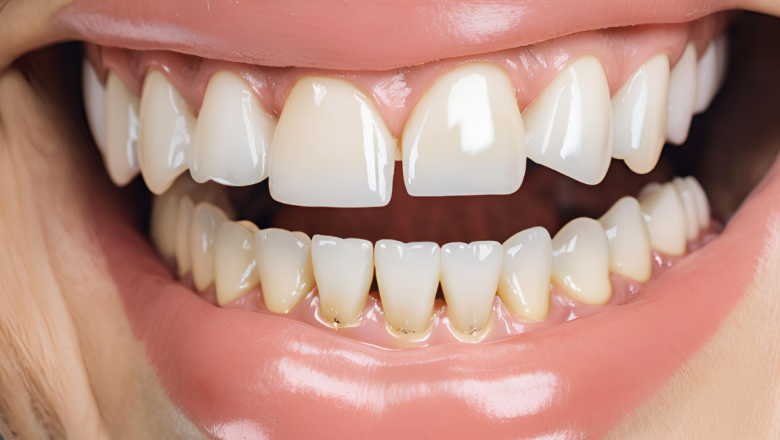views
Are Single Dental Implants Worth It?
Missing teeth can impact more than just the appearance of your smile—they can also affect your oral health, confidence, and ability to eat and speak comfortably. If you’ve lost a single tooth due to injury, decay, or another issue, a dental implant is often recommended as a replacement option. But are single dental implants worth it? Here, we’ll dive into the key benefits, potential drawbacks, and whether they are a worthwhile investment for your oral health and overall quality of life.
The Benefits of Single Dental Implants
-
Longevity and Durability Dental implants are designed to be a permanent solution for tooth replacement, making them a standout option compared to alternatives like bridges or dentures. Constructed from high-quality materials like titanium, the implant fuses with the jawbone through a process called osseointegration. With proper care, implants can last a lifetime, offering durability that traditional dentures and bridges can’t match.
-
Enhanced Appearance and Confidence Dental implants are crafted to look and feel like your natural teeth. They are custom-made to match the color and shape of your existing teeth, providing a seamless look. Many people find that implants help restore their confidence, as they no longer worry about gaps in their smile or removable dentures shifting during conversations or meals.
-
Improved Functionality One of the main advantages of implants over other options is functionality. Implants are anchored securely in the jaw, allowing for normal chewing and speaking abilities. They don’t have the limitations of dentures, which can sometimes slip or feel uncomfortable, especially when eating harder or chewier foods.
-
Bone Health Preservation When a tooth is missing, the jawbone in that area can begin to deteriorate due to lack of stimulation. Implants help prevent bone loss by acting like the root of a natural tooth, stimulating the jawbone and preserving its density. This is particularly important for maintaining facial structure and avoiding the sunken appearance that often accompanies tooth and bone loss over time.
Potential Drawbacks to Consider
-
Cost The initial cost of a single dental implant can be high. Although implants are an investment in long-term oral health, the upfront price may deter some individuals. However, when factoring in the potential costs of future dental work needed for other solutions, the cost of an implant can be more reasonable over time.
-
Surgical Procedure and Healing Time Getting an implant requires a surgical procedure that involves placing the titanium post into the jawbone. While this is a common procedure with a high success rate, there is a healing period involved, during which patients must be careful with the area. The entire process can take several months, as osseointegration (bone fusion) takes time, but this is what provides the stability and longevity implants are known for.
-
Possible Complications Like any surgical procedure, there are potential complications, such as infection, nerve damage, or implant failure. These risks are relatively low but worth considering and discussing with your dentist. Proper aftercare, regular dental visits, and maintaining good oral hygiene can help minimize these risks.
Are Single Dental Implants Worth It?
For many people, single dental implants are indeed worth it. The benefits of durability, functionality, and bone health preservation often outweigh the upfront costs and commitment involved in the process. Implants offer a permanent solution that requires minimal adjustments once fully healed, making them a preferred choice for those seeking a reliable, natural-feeling replacement for a missing tooth. If you’re considering a single dental implant, consult with your dentist to discuss your specific needs and determine whether this option aligns with your goals for oral health and quality of life.






















Comments
0 comment